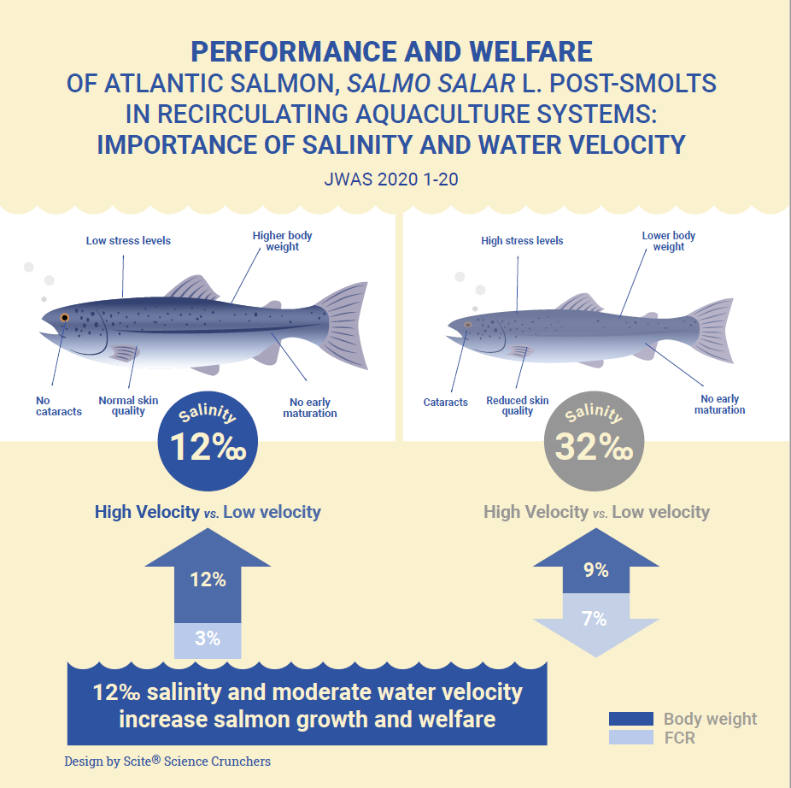JWAS Editor's Choice Awards 56(1)
The use of integrated multi-trophic aquaculture (IMTA) for multi-species culture is not new, but thi...
 [Full Article]
[Full Article]
Oral vaccinations promise significant economic benefits beyond loss reductions in finfish aquaculture. Wise et al (2020) evaluated oral delivery of a live-attenuated Edwardsiella ictaluri vaccine to Channel catfish fingerlings under simulated commercial conditions. Vaccination increased the survival and total yield while also improving FCR and feed fed. Yields in fingerling operations were estimated to improve more than $3,500/ha ($1,400/acre) over three years of operation.
[Full Article]Pathogens combined with variations in abiotic conditions can severely effect animal health. Peptide complex extracted from chicken egg yolk stimulated the immune system of Kuruma shrimp, Marsupenaeus japonicus, in response to pathogens and changes in environmental parameters. Under Vibrio challenge, temperature and salinity stress the administration of the peptide complex was effective in enhancing immune response and the tolerance of Kuruma shrimp to environmental changes
[Full Article]
Tropical invertebrate cocultures are few but of high potential value. The authors of this study cultured sandfish, Holothuria scabra, at low (25 ind/m2; 46.75 g/m2), medium (50 ind/m2; 93.5 g/m2), and high (100 ind/m2; 187 g/m2) densities in monoculture and with Babylon snail, Babylonia areolata at 400 ind/m2 (208 g/m2). Sandfish survival was lower in coculture treatments but sandfish weight gain and absolute growth rate were around 37% greater in coculture. Land‐based pond coculture of sandfish and Babylonia development is strongly supported by the results.
[Full Article]